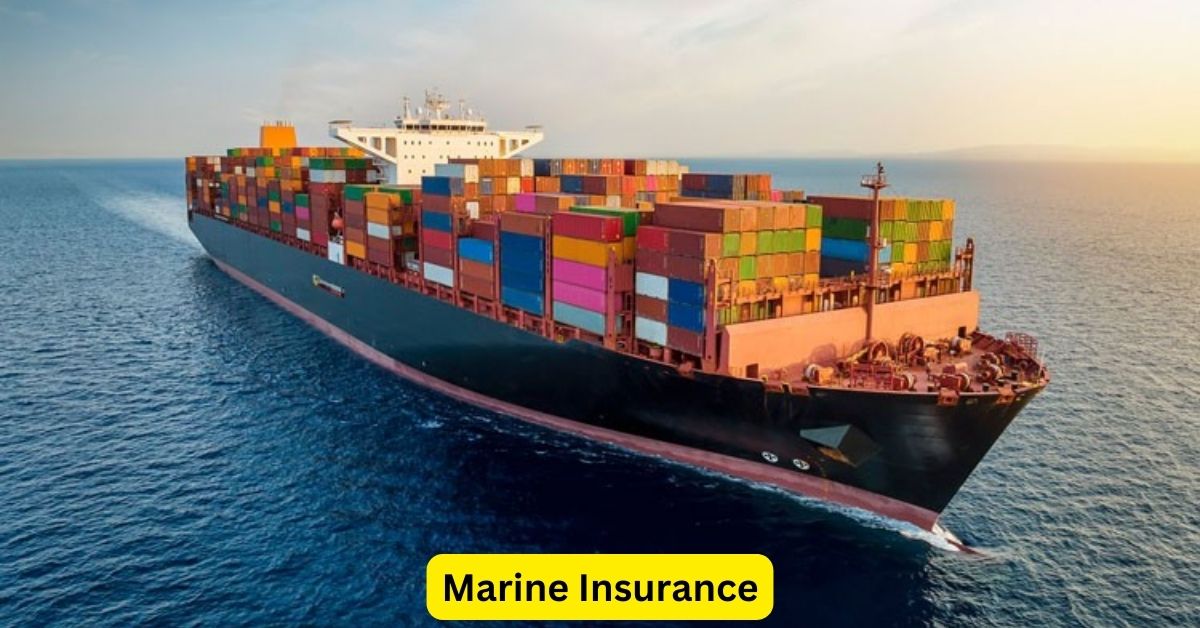Marine insurance plays a crucial role in global trade, providing vital protection for cargo and ships as they navigate the unpredictable waters of the world’s oceans. With the vast majority of international trade conducted via sea routes, marine insurance ensures that businesses and shipowners are shielded from financial losses that can arise from a multitude of maritime risks.
Understanding Marine Insurance
Marine insurance is a specialized type of insurance coverage designed to protect against the risks associated with maritime transport. It encompasses a wide range of policies, each tailored to address specific aspects of shipping and logistics. Primarily, marine insurance covers two main areas: hull insurance for ships and cargo insurance for the goods being transported.
Hull Insurance: Hull insurance provides coverage for physical damage to the vessel itself. Ships are subject to various hazards at sea, including collisions, fires, storms, and piracy. Hull insurance ensures that shipowners can repair or replace their vessels in the event of damage, minimizing financial disruption and ensuring the continuity of operations.
Cargo Insurance: Cargo insurance protects the goods being transported by sea. Given the high value and volume of goods traded globally, businesses rely on cargo insurance to safeguard their shipments from potential losses due to accidents, theft, or other unforeseen events. This coverage is essential for exporters and importers seeking to protect their investments.
Key Benefits of Marine Insurance
1. Risk Mitigation: The maritime industry is fraught with risks, from natural disasters to human errors. Marine insurance provides a safety net that allows businesses and shipowners to manage these risks effectively. By transferring the financial burden of potential losses to insurers, stakeholders can focus on their core operations with peace of mind.
2. Legal Compliance: Many countries and shipping contracts require vessels and cargo to be insured as part of their legal frameworks. Marine insurance ensures compliance with these regulations, avoiding potential legal issues and fines. It is a vital component in adhering to international shipping standards and practices.
3. Financial Security: Marine insurance provides financial protection that can be crucial for business continuity. In the event of a claim, insurers compensate for losses, allowing companies to recover quickly and maintain their cash flow. This financial stability is especially important for businesses with tight supply chains and high-value cargo.
4. Enhanced Credibility: Companies that invest in marine insurance often enjoy enhanced credibility with clients and partners. It demonstrates a commitment to risk management and showcases reliability, fostering trust and long-term business relationships.
Is Marine Insurance Necessary for Your Business?
For businesses engaged in maritime trade, marine insurance is not just an option but a necessity. The global nature of shipping means that goods are exposed to a range of risks that can have significant financial implications. Marine insurance provides a robust solution, ensuring that companies are protected against the unpredictable nature of the sea.
Conclusion
In conclusion, marine insurance is an indispensable part of the shipping industry, offering essential protection for both cargo and ships. By mitigating risks, ensuring legal compliance, and providing financial security, marine insurance supports the smooth functioning of global trade. For businesses looking to navigate the high seas with confidence, marine insurance is the anchor that keeps them secure.

